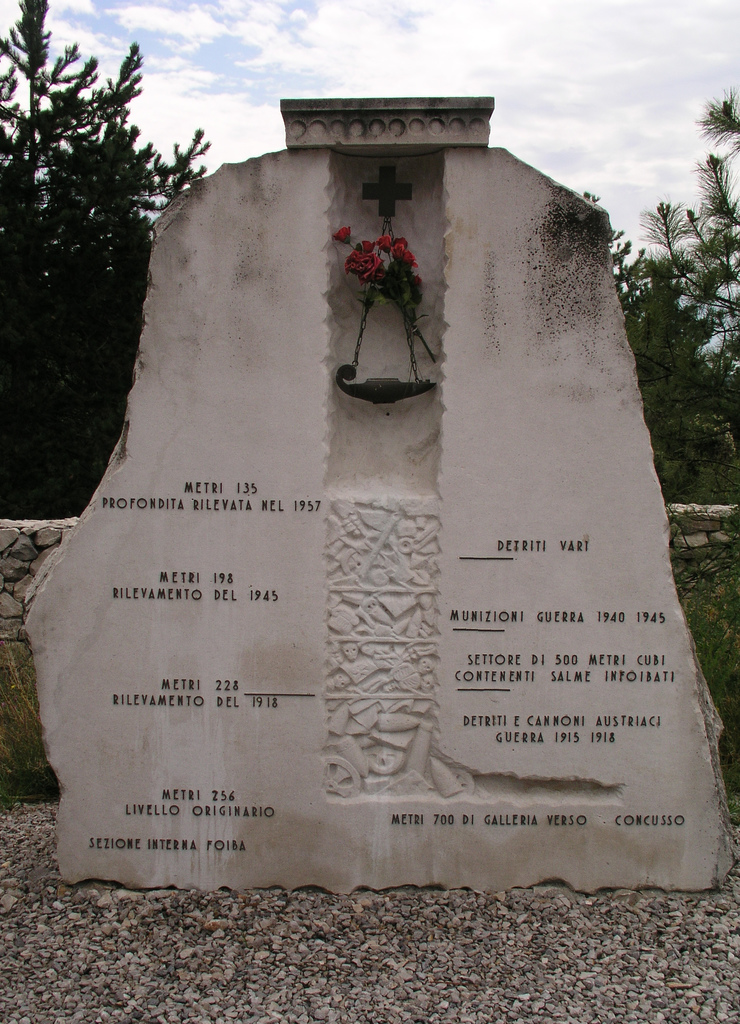Foibe massacres
Only by learning from our past mistakes will it be possible to build a future of peace, defeating those for whom violence is a daily creed. It is a commitment that should be taken to honor the memory of all men and women who were victims of those tragic events 70 years ago

The Day of Remembrance is a strange phenomenon. Years go by, and as time passes there are ever less living witnesses who suffered in first person the tragedy of the exodus from Istria and Dalmatia, or the daily tragedies of relatives, friends, devoured in the ditches that blemished with violence the deepest layers of the Karst.
Yet it seems that, little by little, our Country is reclaiming history’s pages that it had to ignore for too long.
Many of those who had to flee overnight in a hurry, leaving behind them their lifelong attachments and their homes, were considered strangers in the cities and towns that were meant to be “just another” place in “their” Italy.
Violent nationalisms and blind ideology had kicked them out of their hometowns and they were considered responsible for a decision that had no other option, in order to ensure a future for themselves and their offspring.
For decades those tragic events were enveloped by a silence loaded with suffering, until the veil concealing a conspiracy of silence was torn open by the prophetic hands of those who sought to spread awareness on those tragedies in the light of shared memory, thereby undertaking paths of reconciliation and peace among those that History had placed on opposite sides of the border. Reading the events of the time serves to restore voice and dignity to the victims:
Sharing their stories has meant acknowledging that what had happened to them could have happened to any one of us.
Especially when the violence and destruction of war began to wreak havoc on lands not too distant from us, the images of those post-war years, with the exodus of biblical proportions of Italians fleeing from Adriatic cities in what was to become Tito’s Yugoslavia, have come back to mind before the flows of men and women forced to be on the run, after having been uprooted from their homes in the name of ethnic cleansing, unchanged despite the passing of time, at all latitudes.
The suffering of those who have been seeking information on a relative, stripped from the affection of their dear ones and gone forever, is the same of those who lost contact with their loved ones swallowed up by journeys that only media rhetoric could describe as “travels of hope”, but which more realistically should be called journeys of “desperation.”
The lands that lived the exodus of Istria and Dalmatia now send a message to this Europe that at the dawn of the third millennium so desperately tries to be “Union” and not the sum of many individual entities: only by learning from the mistakes of the past will be able to build a future of peace, defeating those for whom violence is a daily creed. It is a task that must be undertaken to honor the memory of all men and women who were victims of those tragic events 70 years ago.